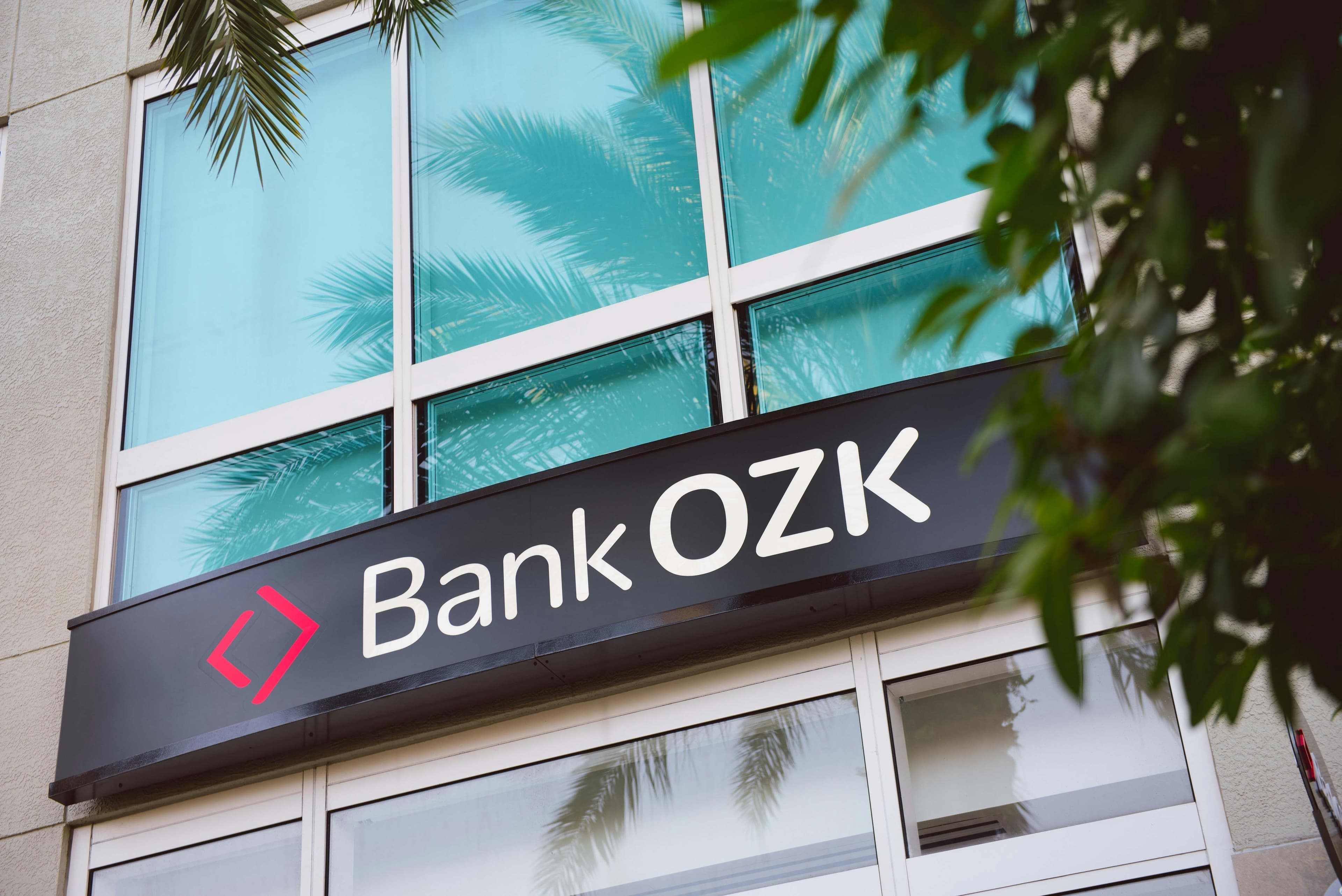Trust but Verify in Investing
One of the toughest lessons I've had to learn as a Rule #1 investor is this: trust must always be verified. It's great to believe in a company's leadership and vision, but we have to stay vigilant. When the facts change, we must change. Danielle and I faced a real-world test of this principle with Bank OZK, a company we'd held for years and loved. What unfolded taught us — yet again — that no matter how much you believe in a company, your loyalty must ultimately be to the truth.
What Made Bank OZK a Great Investment
We first invested in Bank OZK years ago because they operated differently than other banks. Under CEO George Gleason, they had a conservative approach to real estate lending that we admired. They refused to make speculative loans. Instead, they required developers to have projects substantially leased before lending money, and demanded that developers put their own money in first.
That prudence protected Bank OZK during financial downturns. We loved that they prioritized stability and minimized risk. It aligned perfectly with the Rule #1 philosophy: don't lose money.
How to Pick Rule #1 Stocks
5 simple steps to find, evaluate, and invest in wonderful companies.
The Red Flag: A Changed Lending Practice
However, a financial reporter unearthed something troubling. Bank OZK had made several large loans — including their biggest loan ever — to developers who hadn't pre-leased their projects. In other words, speculative loans.
This went against everything we believed about how Bank OZK operated. When we went back to management to ask about it, the answers were dismissive. We were told, "Everything's fine," and "That's the last I'm going to take any questions about that."
That’s when the alarm bells went off.
"When the story changes, no matter how much you like something, you have to re-evaluate it."
We realized we were no longer holding the company we thought we owned. The facts had changed, and so had the story.
Emotional Challenges in Selling a Long-Term Investment
Selling Bank OZK wasn't easy. We'd been with them for years. Watching that company grow felt a little bit like watching a good friend succeed. Walking away felt personal.
Danielle put it perfectly: it was like a breakup you didn't want. We'd built a connection over time — and severing that was painful.
But emotions don't belong in investing. Our responsibility is to our money. Not to the companies. Not to the CEOs. To our own financial freedom.
"Breaking up is hard to do… but sometimes you have to, even when you don't want to."
How to Respond When a Story Changes
When you realize the story has changed, here’s what I recommend you do:
Reassess immediately. Revisit your original investment checklist. Has the company changed its fundamental practices?
Challenge management's narrative. If the answers feel defensive or dismissive, that's a red flag.
Act decisively. Protect your portfolio first. Loyalty to a company should never outweigh your loyalty to the truth.
Remember: it's better to exit early than to ride a failing investment down.
Broader Market Context: Why Staying Hedged Matters
Right now, we're holding a large amount of cash. We're also hedged with options that are structured to increase in value if the market drops.
While we've exited Bank OZK, we still hold positions in businesses we know deeply and trust — even though they could fall during a crash. We've learned from experience that it's incredibly hard to time re-entry points perfectly. Selling just because you fear short-term drops often leaves you missing long-term gains.
That's why we stay disciplined: hedge where we can, stay in cash when necessary, but hold onto the truly great companies even through storms.
Final Takeaways for Rule #1 Investors
If there's one thing I want you to take away from this experience, it's this:
Always keep verifying the story. Management changes. Business models shift. Market conditions expose weaknesses.
Protect your capital. When the facts no longer support the investment, don't hesitate.
Keep your emotions in check. Investing is business, not personal.
Stay committed to Rule #1: Don't lose money.
"When the story changes, re-evaluate — even if it hurts."
Bank OZK gave us a great ride for a long time. But when the facts changed, we did what Rule #1 investors must always do: we listened to the truth and acted accordingly.
Stay vigilant out there, and until next time, enjoy your investing practice.
2025 Investor’s Survival Guide
Learn our proven strategy to protect and grow your portfolio amid inflation, governmental shifts, and unprecedented volatility

